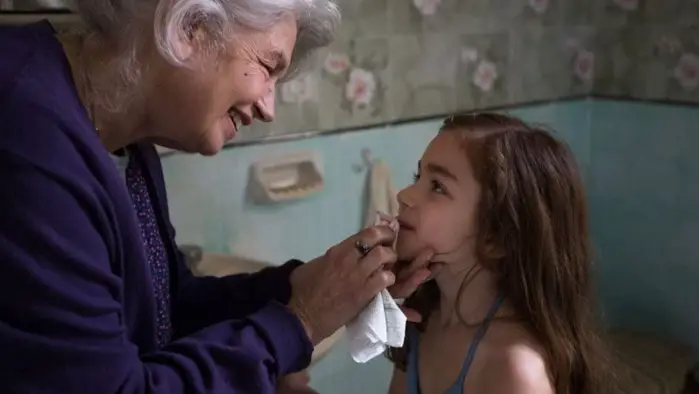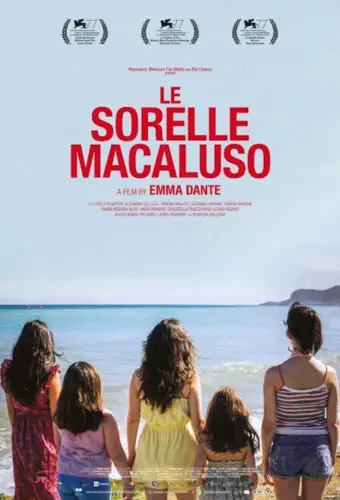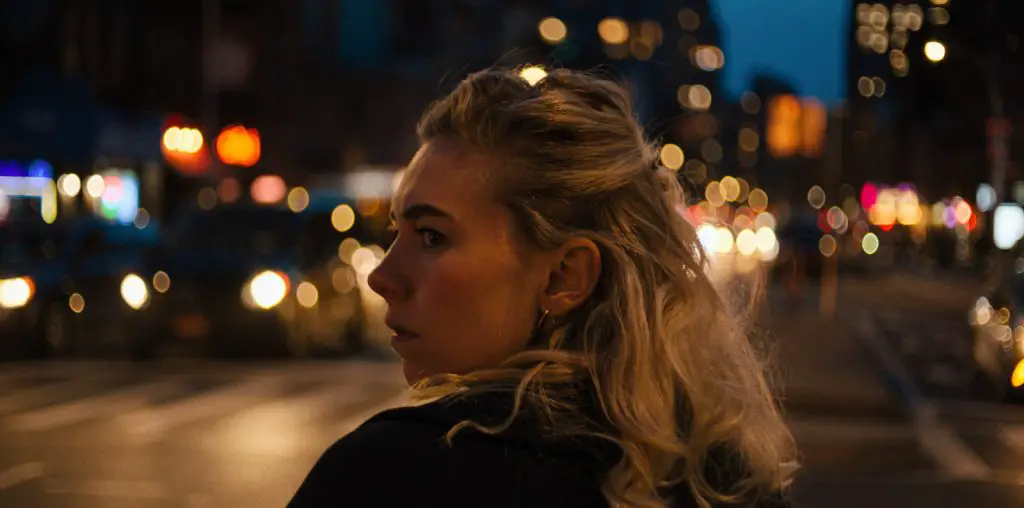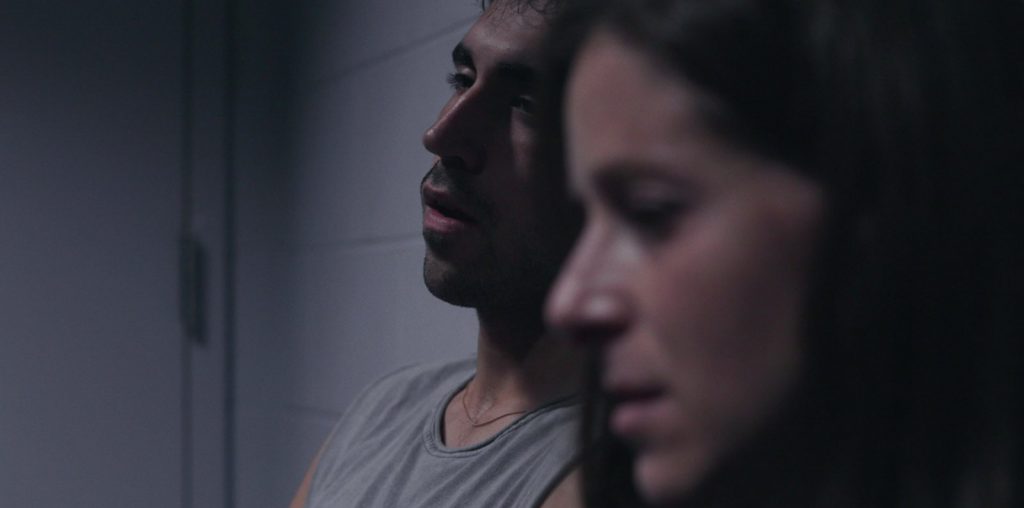
Emma Dante’s heartfelt The Macaluso Sisters traces the lives of four female siblings after the tragic loss of the fifth one. Clearly a deeply personal project for the director, it radiates utmost sincerity, rendering the more baroque parts palatable, if not as affecting as they were clearly intended to be. Within 90 despondent minutes, Dante encapsulates a plethora of themes and ideas, and that by itself merits plaudits.
Sisters Katia (Alissa Maria Orlando), Lia (Susanna Piraino), Pinuccia (Anita Pomario), Maria (Eleonora De Luca) and Antonella (Viola Pusateri) all live in a modest Palermo apartment. They keep pigeons in the attic, whom they rent out for parties, to magicians, and such. The girls bicker, fight, fall in love, and support each other. Then, one day, Antonella accidentally dies during a visit to the beach, and the girls’ lives change forever.
The screenplay by Dante, Giorgio Vasta, and Elena Stancanelli studies how the siblings’ relationship develops and morphs throughout the years. The film flash-forwards a few decades to see each of the sisters in a personal crisis. Resentments flare fueled by regret and “what-ifs.” They lash out at each other during an expertly-handled dinner sequence. And all the while, the pigeons keep coming back (“What do you want me to do, kill them?”).

“…Antonella accidentally dies during a visit to the beach, and the girls’ lives change forever.”
Dante has an obvious predilection for extended, static, geometrical shot compositions. A woman eats a pastry in a bathtub in a long sequence (a subconscious nod to Gummo?). A deer is gutted in close-up. Pigeons clutter around white plates, picking at seeds, their appetites piqued by music. They’re everywhere, infiltrating reoccurring shots of the women’s empty apartment, each room silent but vibrating in their wake.
But the filmmaker also has an idyllic, romantic streak – a welcome breath of fresh air among all the close-ups of desolation and melancholy. She captures the carefree spirit of youth, how freedom can be found in loneliness, in scenes of the young sisters playing around in golden fields, among plastic dinosaurs, or the one where an entire beach joins them for an impromptu dance. Some may even argue that the sun-soaked bliss accentuates the aforementioned melancholy.
Youthful ecstasy versus adult pragmatism. Realized versus unrealized ambitions. Dante plays with contrasts in a film so spare, one’s attention span may start to wander. It certainly treads that thin line between contemplative and dull, at times so purposefully minimalist, it’s a challenge to remain emotionally invested. Yet, there’s undeniable beauty and truth to The Macaluso Sisters that cannot be overlooked.

"…there's undeniable beauty and truth..."


